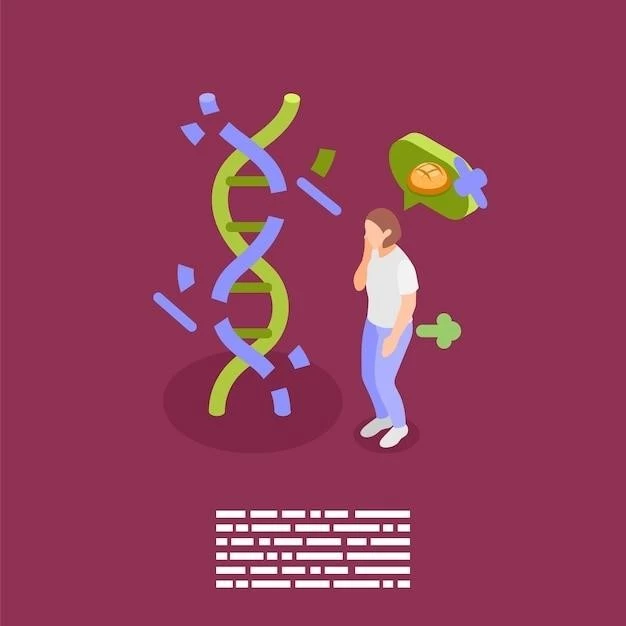Understanding Chromosome 5 Monosomy
Chromosome 5 Monosomy is typically caused by a deletion of genetic material on chromosome 5. Learn more about the causes here.
Causes of Chromosome 5 Monosomy
Chromosome 5 Monosomy is primarily caused by deletion of a portion of chromosome 5. This genetic anomaly can occur spontaneously or be inherited from a parent with a chromosome 5 abnormality. Exposure to certain environmental factors or advanced parental age can also contribute to the occurrence of Chromosome 5 Monosomy.
Symptoms and Diagnosis of Monosomy 5q35
Learn about the symptoms and how Chromosome 5 Deletion is diagnosed. Read more here.
Symptoms of Monosomy 5q35
Individuals with Monosomy 5q35 may experience a range of symptoms including developmental delays, intellectual disabilities, growth abnormalities, distinctive facial features, and congenital heart defects. Other common signs can involve skeletal abnormalities, hearing loss, and increased susceptibility to infections due to a weakened immune system. It is essential for healthcare providers to identify and address these symptoms promptly.
Diagnosis of Chromosome 5 Deletion
Diagnosing Chromosome 5 Deletion involves genetic testing such as chromosomal microarray analysis or fluorescence in situ hybridization (FISH) to identify missing genetic material on chromosome 5. Medical professionals may also conduct a physical examination٫ evaluate symptoms٫ and assess developmental milestones. Early and accurate diagnosis is crucial for determining appropriate treatment and management strategies for individuals with Monosomy 5q35.
Treatment and Prognosis of Monosomy 5q35
Explore treatment options and the outlook for individuals with Monosomy 5q35. Find out more.
Treatment Options for Monosomy 5q35
Management of Monosomy 5q35 focuses on addressing specific symptoms and associated health conditions. Treatment may include early intervention services for developmental delays, educational support, physical or occupational therapy, speech therapy, and interventions for any cardiac anomalies. Regular monitoring by healthcare professionals is essential to tailor interventions and ensure optimal care for individuals affected by Monosomy 5q35.
Prognosis and Outlook for Chromosome 5 Monosomy
The prognosis for individuals with Chromosome 5 Monosomy varies depending on the specific deletion and its effects. Early intervention and comprehensive medical management can significantly improve outcomes and quality of life. While there is no cure for Monosomy 5q35, ongoing research and advancements in genetic therapies offer hope for enhanced treatments and better prognoses in the future.

Genetic Counseling and Research on Chromosome 5 Deletion
Discover the importance of genetic counseling and the latest research on Chromosome 5 Deletion.
Genetic Counseling for Monosomy 5q35
Genetic counseling plays a crucial role in providing information, support, and guidance to individuals and families affected by Monosomy 5q35. Counselors help in understanding the genetic condition, discussing inheritance risks, and making informed decisions regarding family planning. Through genetic counseling, individuals can better comprehend the implications of Chromosome 5 Deletion and access resources for comprehensive care.
Research and Advances in Chromosome 5 Deletion
Ongoing research on Chromosome 5 Deletion focuses on understanding the genetic mechanisms underlying Monosomy 5q35 and developing targeted therapies to address associated symptoms. Advances in genetic technologies, such as CRISPR-Cas9 gene editing and personalized medicine, offer promising avenues for improved treatments and outcomes for individuals with Chromosome 5 abnormalities. Collaborative efforts between researchers, clinicians, and patients drive progress in the field of genetic disorders.
Support Services for Individuals with Monosomy 5q35
Individuals and families affected by Monosomy 5q35 can benefit from a range of support services including specialized medical care, early intervention programs, educational resources, and genetic support groups. These services aim to provide emotional support, guidance, and access to resources to help manage the challenges associated with Chromosome 5 Deletion. By connecting with these support networks, individuals can enhance their quality of life and well-being.
